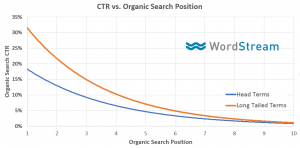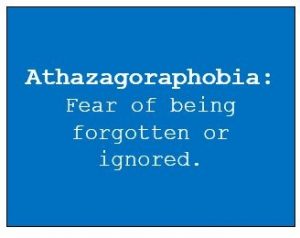
Your call center agents drive a great deal of your business’s success. In recent years, you’ve probably noticed less-than-stellar customer service interactions can go viral in a matter of hours. But when customer service goes right, the results can be seen everywhere from your profit margins to your rates of customer satisfaction to your business’s reputation in the community.
One survey compiled by the customer conversion experts at Kissmetrics demonstrates just how far the impact of good service stretches in terms of both your business’s bottom line and your customers’ satisfaction.
According to the survey, when customers experience a positive service interaction:
- 75% of customers are very likely to speak positively about a company
- 81% of customers are more likely to give repeat business
- Customers are willing to spend up to 46% more on your product or service
- An 8% increase in customer satisfaction results in an increase of profits of up to 28%
However, when things don’t go right, the results are equally as evident. The Kissmetrics survey indicated 99 percent of respondents said they would end a business relationship if the business failed to build trust. Additionally, the cost of customer recovery is six to seven times higher than the cost of customer acquisition, and perhaps most surprisingly, a study found that only 10 percent of companies had an “excellent” customer service rating.
Want “Excellent Customer Service Ratings? Avoid Hiring These 3 Types of Call Center Agent Applicants
Though candidates may personify the qualities of a good call center agent in the interview process, their performance may not be up to par once they are moved into production, which can decrease the level of satisfaction reported by your customers.
While agents who fit the profiles well can contribute to a more positive company culture and a higher rate of first call resolution, agents without the right set of core competencies can contribute to a higher attrition rate and a lower quality of service.
To avoid hiring workers who could decrease the quality of customer interactions and potentially increase rates of attrition and turnover, here are three types of call center agents who tend to have the shortest tenures.
The Transient Agent
Some workers see call center work as a stop-gap until they find a better paying job and then move on. In some instances, employees will simply leave after completing the 8 – 12 week training period, with no intention of moving into production. Although there is a tendency to attribute these attitudes to generational factors, a more likely cause is that people who hold these attitudes lack a sense of responsibility and respect.
How to avoid the situation: Create an interview process that allows you to accurately assess an employee’s motivations for applying to the role.
The Agent Who’s Afraid to Fail
Call center jobs are rarely as simple as answering phones, following scripts, and forwarding difficult calls to managers. Agents who are afraid of failure tend to leave soon after they are hired because the day-in and day-out activities of the role do not coincide with the skills and abilities these types of candidates bring to the table. Some people do not cope with failure as well as others, and would rather leave on their own terms than be told they are not a good fit. After all, when it comes down to it, no amount of advanced warning can completely prepare trainees for the true nature of the job and its complexity once individuals move into production. It is at that point that many employees become overwhelmed by the size of the job and leave.
How to avoid the situation: Use hiring assessments to ensure your candidates possess the right skills, abilities, and motivations to succeed on the job.
The Entitled Agent
Entitled agents often view showing up and doing a good job as “doing the company a favor”. Rather than seeing the job as an exchange of labor for pay, these workers believe it’s the company’s responsibility to accommodate them, and feel they are owed special privileges for simply doing their jobs. For example, an entitled agent may believe he or she deserves a bonus for perfect attendance. These attitudes are often at the heart of many personnel issues, and when the employee doesn’t perceive the resolution as fair, it leads to the same attitudes of dissatisfaction and resentment, which can reflect in their interactions with customers.
Business & Finance Articles on Business 2 Community
(89)








